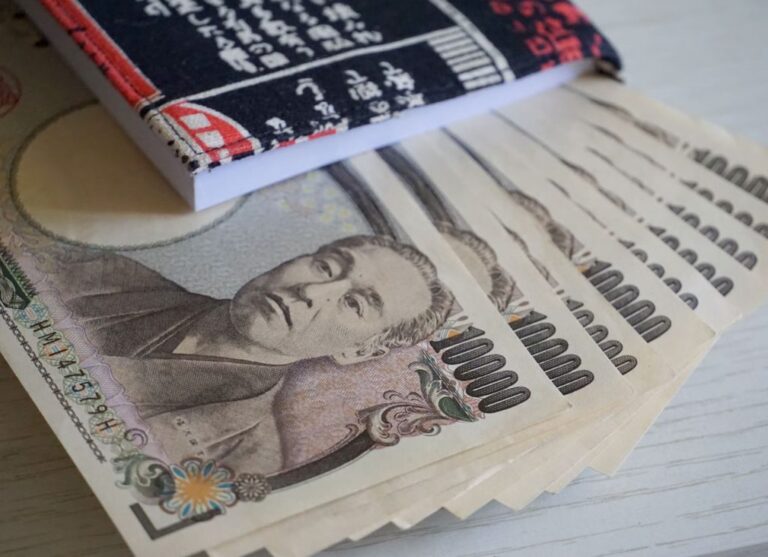
Morning Brief – Fowl Play – Stuffed Turkey
A dramatic move over the course of the weekend has the Turkish Lira on its knees with the monetary credibility of Turkey back at all time lows. Yesterday’s European trading session saw the Lira priced around 10% weaker versus its closing price on Friday afternoon. Given market positioning around the Lira and the significant degree of focus that markets have afforded it so far this year, the devaluation has had ramifications for the wider market, not least the basket of emerging markets for which this move in Turkey served as a timely reminder of the institutional instability and capture in emerging market economies.
On Thursday, the central bank Governor hiked interest rates by 2% to tame the nation’s rampant inflation rate and continue to support the nation’s currency. This rate hike was welcomed by the market as it brought rates to 19% which, even with Turkey’s untamed inflation rate in the teens, afforded one of the only positive real rates on the planet. With interest rates almost 10% higher since this time last year, the Lira had become the best performing currency across the market year to date. This stronger currency was providing the self fulfilling prophesy of controlling import-driven inflation and moderating the economy to sustain currency and economic stabilisation. However, someone didn’t like it: President Erdogan.
The President has exercised control over Turkey’s central bank for a long time helping to fuel currency crises over the past few years. He has publicly claimed that higher interest rates over a sustained period actually cause higher inflation than lower rates – not something that any economist has been able to support theoretically or empirically. The presidents own study of Erdoganomics has therefore led to a constant clash of heads between central bank governors and government. The authoritarian nature of national governance has therefore delivered Turkey with its 4th central bank Governor in three years… and counting.
To deliver President Erdogan’s prescription of low rates, an academic who has long shown a persuasion towards and even lobbied for lower rates in Turkey has been appointed as the new governor. The move forced the market to unwind the carry trades that have sought to capitalise on the Lira’s appreciation and positive real yield at break-neck speeds, sending the currency plummeting. Those carry trades were funded by short low yielding Euro and Japanese Yen positions. There was significant evidence of Yen and Euro buying to cover these short positions at the expense of the free falling Lira. A persuasion towards low interest rates will deter Lira buying, encourage still higher inflation rates with the monetary credibility of Turkey already in tatters. The Lira will struggle to post any further gains within this regime.
Discussion and Analysis by Charles Porter

Click Here to Subscribe to the SGM-FX Newsletter
Related Insights

Morning Brief – Japanese Yen
Japanese Yen With JPY at a new 34 year low versus EUR, the market is set for an ambush by the Bank of Japan if it acts today at the end of their Policy Meeting to support the Yen. The reason that the market is susceptible is because it has convinced itself that the BoJ […]

Morning Brief – Coalition
Coalition This briefing is about South Africa and the Rand, which frequently proves to be one of the more divisive subjects within our roster of currencies. In particular, with the election looming, this will be about South African governance. Not from a political or human perspective about what may be the best long term outcome […]

Morning Brief – US Tariffs on Chinese Imports
US Tariffs on Chinese Imports Recently we wrote about how Mexico has become the Number One trade partner for the USA. It now transpires that Mexico may have had what is known as a little assist with their numbers: the statistics for the number of 20 foot shipping containers for the first three Quarters of […]



 Humphrey Percy
Humphrey Percy Charles Porter
Charles Porter